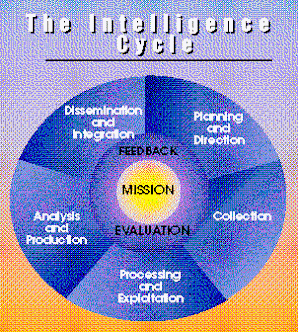Great Cyber Security Advice for the Holiday Season and the 12 Scams of Christmas: Part 1
The FBI has this holiday-time warning: 'Tis the season to be wary, especially when opening up those particularly alluring offers popping into Utahns' e-mail in boxes. Ken Porter, acting agent in charge of the FBI's Salt Lake City Office, said Tuesday that whether these unsolicited messages pose as prize announcements, banking correspondence or purport to offer legal services, they have this in common: they seek money or your personal information. People who unknowingly comply with the scams end up losing hundreds of dollars for so-called processing fees to collect lottery or sweepstakes winnings, or provide cyber-criminals with sensitive data such as bank account, credit card and Social Security numbers to clear up nonexistent problems with accounts. In the latter case, such information has often left victims on the hook owing thousands of dollars in bogus charges, along with credit rating headaches. Another danger in opening such e-mails, or downloading provided links, is that virus or malware programs can be installed on the victims' computers. In recent years, such scams have become increasingly sophisticated, spoofing not only banks and other corporations official logos, but even government agencies -- among them the FBI itself. Some good rules of thumb to avoid being scammed online:
-
Don't respond to unsolicited e-mail.
-
Don't click on links contained within an unsolicited e-mail.
-
Don't open e-mail containing attached files (i.e. pictures, documents) from senders you do not know. Or at the very least, run the attachments through your virus scanner before opening.
-
Don't fill out forms contained within e-mails seeking personal information, period.
-
If you do plan to follow a provided link, carefully compare the purported link in the e-mail with the link where you are actually directed, careful to make sure they match.
Or, log on directly to the official Web site of the business identified in the e-mail instead of linking to it from the e-mail. Better yet, contact the business by its telephone number -- as listed on your actual billing statements or official correspondence -- to verify the e-mail's claims.


0 comments:
Post a Comment